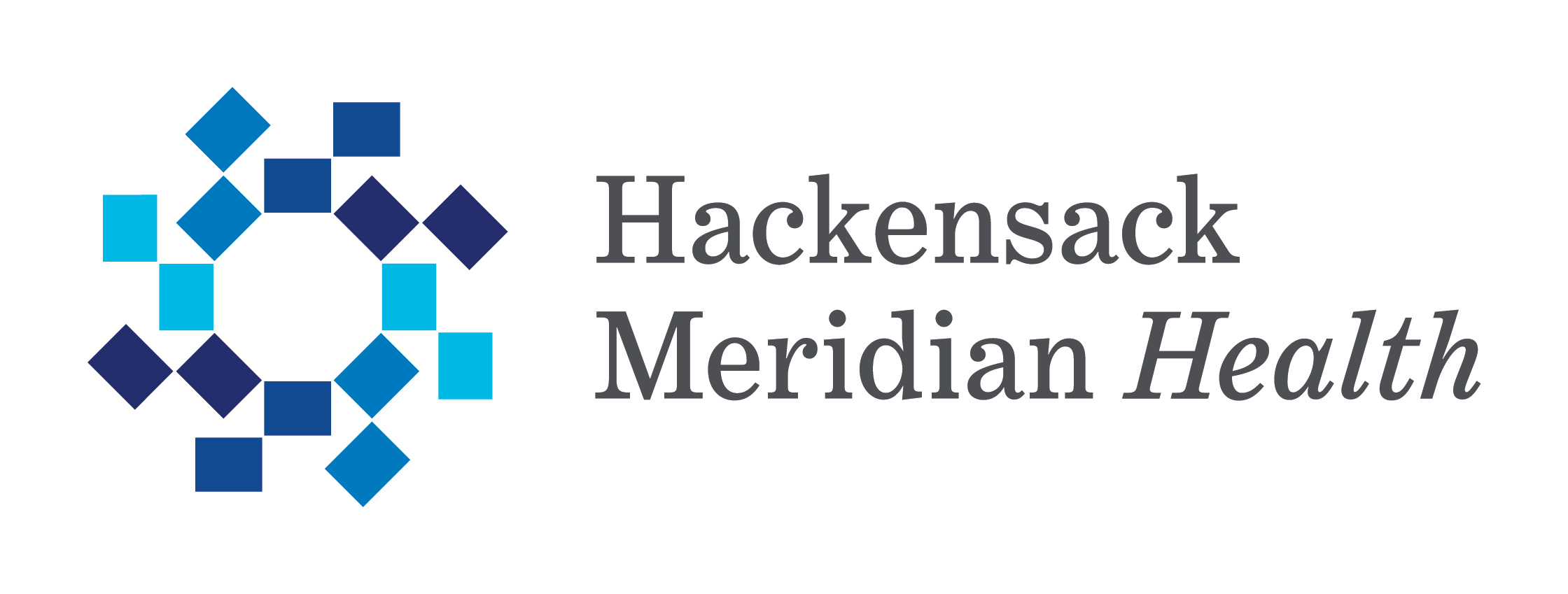Newswise — OCTOBER 6, 2022, Nutley, NJ – A Hackensack Meridian Health doctor and bioethicist explores the difficulties of decision-making for surgeons in a new piece in The New England Journal of Medicine.
Making clinical decisions based on how a patient appears to a surgeon may be subject to "ableist" biases. A doctor's subjective "eyeball test" might make assumptions about a patient's quality of life and influence whether or not a patient is offered a surgical procedure, writes Charles Binkley, M.D., FACS, HEC-C, the director of Bioethics for the health network’s Central Region, and also an associate professor of Surgery at the Hackensack Meridian School of Medicine, one of the paper’s authors.
“From the Eyeball Test to the Algorithm - Quality of Life, Disability Status, and Clinical Decision Making in Surgery” contends that more data and an empirical framework involving algorithms would aid doctors, who must seek out more input than just their sole observation of the patient in deciding whether a surgical intervention is “worth it.”
“The paper proposes that AI may actually de-bias some of the quality of life assumptions that affect physicians in their clinical decision making,” said Binkley recently.
The paper poses several hypotheticals - including a case of a patient who would need extensive craniofacial surgery to remove a tumor, a procedure which would result in total blindness. Such a massive operation would be questioned, historically. But Binkley and his colleagues contend that automatically assuming that complete blindness would lead to a dramatically decreased quality of life is “ableist” - and should be reconsidered with data from other patients’ experience.
“There is a big difference between looking at a tumor and judging, ‘I can get that out’ and looking at a patient living with a disability and judging, ‘It won’t be worth it to you,’” write Binkley, and his co-authors, Joel Michael Reynolds, Ph.D., of Georgetown University, and Andrew Shuman, M.D., of the University of Michigan.
“Distinguishing between a decision not to operate based on a surgeon’s risk calculation, which is part of good surgical judgment, and a decision not to operate based on the surgeon’s ableist assumptions about a patient’s QoL requires a razor sharper than most surgeons’ scalpels,” the authors add.
“This is an insightful and important look into the fundamentals of surgery,” said Howard M. Ross, M.D., the M. Martin Ross Distinguished Chair of Surgery and Surgeon-in-Chief of Hackensack University Medical Center, and also professor and chair of the Department of Surgery at the Hackensack Meridian School of Medicine. “Dr. Binkley is asking tough questions and suggesting some answers to better treat the patient as a whole.”
The paper was published in The New England Journal of Medicine on Oct. 6.
ABOUT HACKENSACK MERIDIAN HEALTH
Hackensack Meridian Health is a leading not-for-profit health care organization that is the largest, most comprehensive and truly integrated health care network in New Jersey, offering a complete range of medical services, innovative research and life-enhancing care. The network has 18 hospitals and more than 500 patient care locations, which include ambulatory care centers, surgery centers, home health services, long-term care and assisted living communities, ambulance services, lifesaving air medical transportation, rehabilitation centers, urgent care centers, physician practice locations, and a fitness and wellness center. With more than 35,000 team members and 7,000 physicians, Hackensack Meridian Health is a distinguished leader in health care philanthropy and committed to the health and well-being of communities throughout New Jersey.
The network’s notable distinctions include having more U.S. News-ranked hospitals than any other health system in New Jersey, as ranked by U.S. News & World Report, 2022-23. Hackensack University Medical Center is nationally-ranked by U.S. News & World Report in four specialties, more than any other hospital in New Jersey. Joseph M. Sanzari Children’s Hospital at Hackensack University Medical Center, and K. Hovnanian Children’s Hospital at Jersey Shore University Medical Center, are ranked #1 in the state and top 20 in the Mid-Atlantic Region by U.S. News & World Report’s 2022-23 Best Children’s Hospital Report. Additionally, their combined nephrology program ranks in the top 50 in the United States. To learn more, visit www.hackensackmeridianhealth.org.
ABOUT HACKENSACK MERIDIAN SCHOOL OF MEDICINE
The Hackensack Meridian School of Medicine, the first private medical school in New Jersey in more than 50 years, welcomed its first class of students in 2018 to its On3 campus in Nutley and Clifton. Hackensack Meridian Health assumed its independent operation in July 2020. The school’s vision is that each person in New Jersey, and in the United States, regardless of race or socioeconomic status, will enjoy the highest levels of wellness in an economically and behaviorally sustainable fashion. The School’s unique curriculum focuses on linking the basic science with clinical relevance, through an integrated curriculum in a team-oriented, collaborative environment. The school prides itself on outreach, through programs like the Human Dimension, which is active in communities across New Jersey.
MEDIA CONTACT
Register for reporter access to contact detailsCITATIONS
The New England Journal of Medicine
